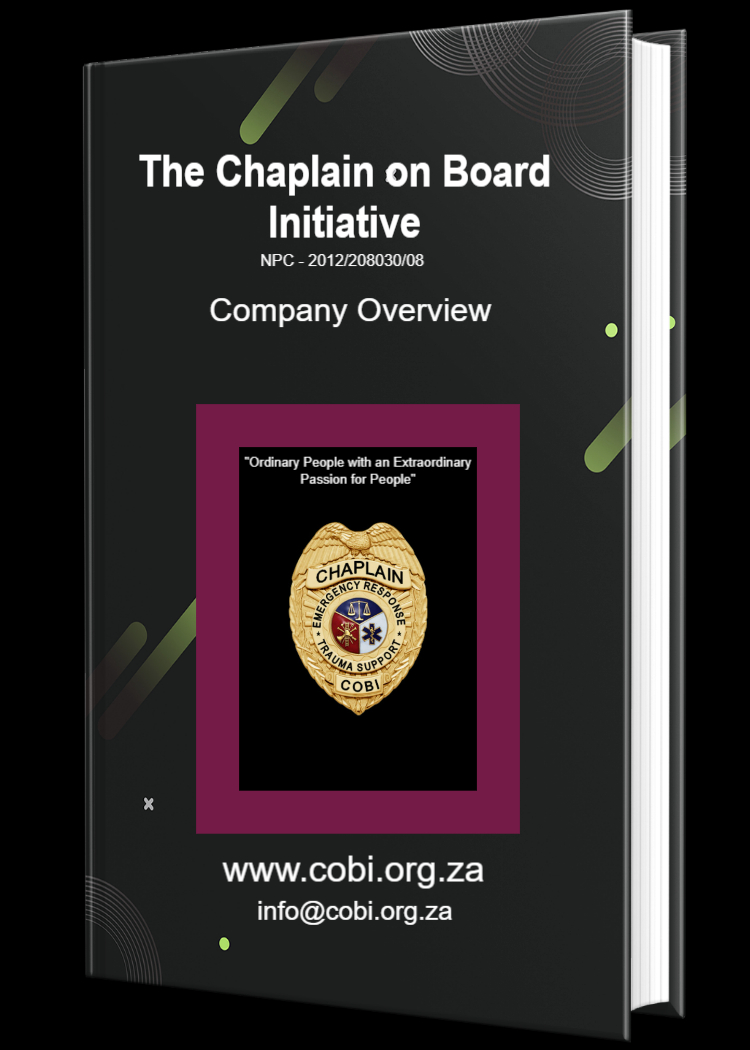Last updated Mon, 21-Oct-2024
54 Lessons
13:21:36 Hours
English
This course provides an overview of the ministry of chaplaincy, exploring the roles, responsibilities, and challenges faced by chaplains in various settings. Students will also learn about the history and ethical considerations of chaplaincy, as well as the skills and qualities needed to excel in this impactful field of service.
- 1. Analyze the historical development and role of chaplaincy in providing spiritual care and support to individuals in various institutional settings.
- 2. Evaluate the ethical considerations and boundaries of chaplaincy, including confidentiality and the importance of cultural competency in providing spiritual care.
- 3. Develop practical skills in listening, empathizing, and communicating effectively with individuals in need of spiritual support and guidance.
- 4. Examine the theological foundations of chaplaincy, including different religious and spiritual perspectives, and their implications for providing care in diverse settings.
- 5. Reflect on personal beliefs, values, and biases that may impact one's ability to effectively serve as a chaplain and develop strategies for addressing these areas of growth.
- 6. Demonstrate an understanding of the diverse contexts in which chaplains may work, including hospitals, military settings, correctional facilities, and hospices, and the unique challenges and opportunities present in each environment.
- 7. Articulate a personal philosophy of chaplaincy and a plan for ongoing professional development and self-care in order to sustain oneself in this ministry.
- 8. Engage in hands-on experiences and case studies to apply theoretical concepts and develop practical skills in providing spiritual care and support as a chaplain.












Write a public review